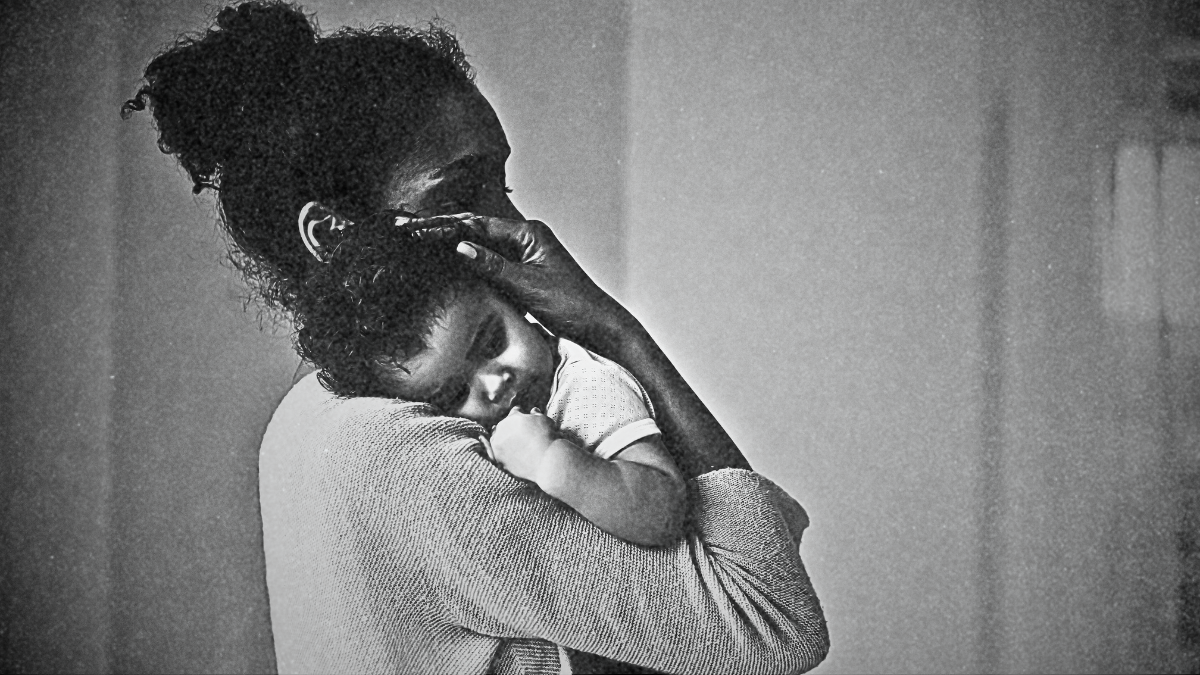Legislators are set to return next week for their final session before state child care stabilization funds expire at the end of December. Advocates are urging a one-time allocation of $100 million to prevent closures and increased costs for parents.
Rep. Donny Lambeth, R-Forsyth, had anticipated additional child care funding by year’s end but now says no new appropriations are expected until the long legislative session in 2025. “It is unlikely the GA will deal with any new appropriations until the 2025 GA convenes next year,” Lambeth wrote in an email. He noted ongoing evaluations of alternatives to direct funding, including consultations with other states.
Advocates stress the urgency of interim funding to support families and child care providers until a budget is crafted next year. “We know that folks can’t afford to wait until next June for there to be an answer to this crisis,” said Chanelle Croxton, director of state strategies for the National Domestic Workers Alliance.
Without state action, many child care programs could face financial strain. A February survey indicated that 20% of the state’s child care facilities could close within a year once stabilization funding ends. The legislature allocated $67.5 million in June—replacing 75% of federal funds previously provided through federal dollars from the American Rescue Plan Act since 2021—but even before those funds were distributed, the state saw a net loss of 69 licensed programs between July and mid-September.
Child care challenges have already impacted the labor market. A report by NC Child and the state Department of Commerce found that one in five employers cited child care as a hiring barrier. Additionally, 100,000 fewer working-age parents with young children were in the workforce in 2023 compared to 2019.
Neil Harrington, NC Child’s research director, warned of escalating consequences if stabilization funds are not replaced. “You’ll see more parents not be able to access child care, which might impact their ability to work, and our reports from this year show that’s already a big problem,” he said.
Providers like Lynquay Harrison, owner of Open Arms Child Care of NC, have relied on stabilization funds to sustain operations and assist families. Rising operational costs, combined with limited subsidies, have put programs like hers under pressure. “The mortgage went up because the property value went up. My taxes went up, water went up, electricity went up, food went up,” Harrison said. “With subsidized care, you only want me to charge a parent about $195 a week, really? I mean, that’s one week of groceries.”
Families are feeling the strain as well. Johnetta Rembert, a single mother whose son attends Harrison’s program, is contemplating withdrawing her child due to affordability concerns. “I can’t afford it,” she said. “The parent fee is just high, especially when you’re a single mother trying to make things happen. It’s a lot.”
Advocates like Croxton are amplifying stories like Rembert’s to underscore the personal impact of the funding crisis. “It feels really abstract to decision makers, but when you’re in a place where you have actually made those connections with someone who is taking care of your child, who is educating your child, and you found a really great environment, the thought of losing that, it matters a lot,” Croxton said. “… We always want to emphasize that this is some of the most important work that there is in our state. We can’t continue to (use) piecemeal solutions. This is an essential function of every community, and it should be treated as such, and it never has.”
Long-term solutions may emerge in the next legislative session. One pilot program, Tri-Share, splits child care costs between businesses, parents, and the state and has been implemented in three regions. Advocates are also calling for increased subsidy distribution, expanded teacher wage supplements, enhanced NC Pre-K and Smart Start programs, and free child care for early childhood educators’ children.
“It’s just something that has rippling effects for everyone, because it is such a foundation for our community and for our economy,” Croxton said. “We know this to be true because we’ve seen it happen. We’re seeing it happen. And if they don’t do anything right now, we will continue to see those centers close at probably more escalated rates.”





